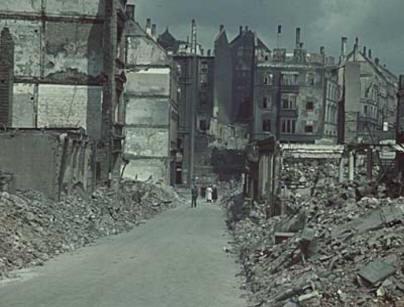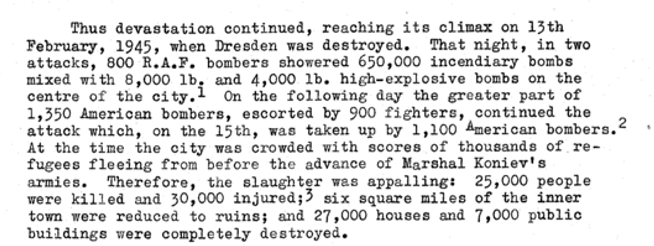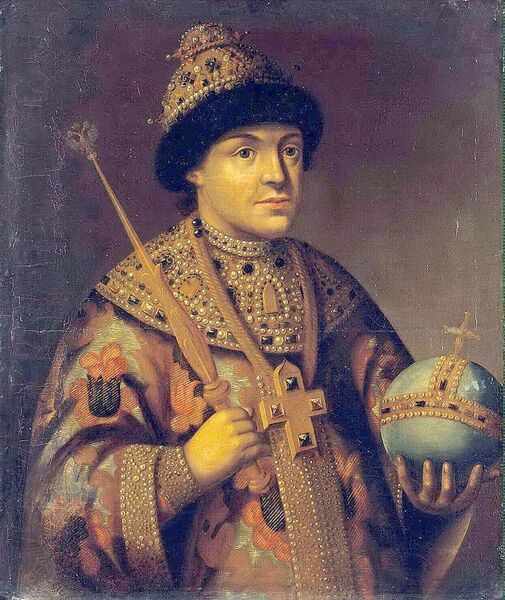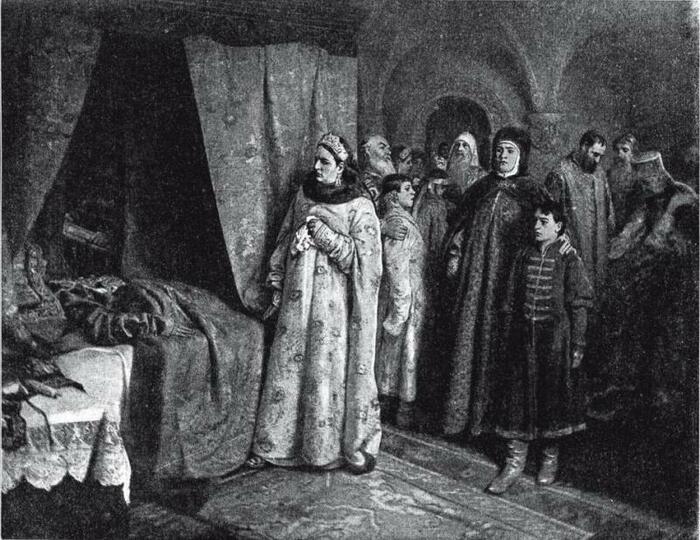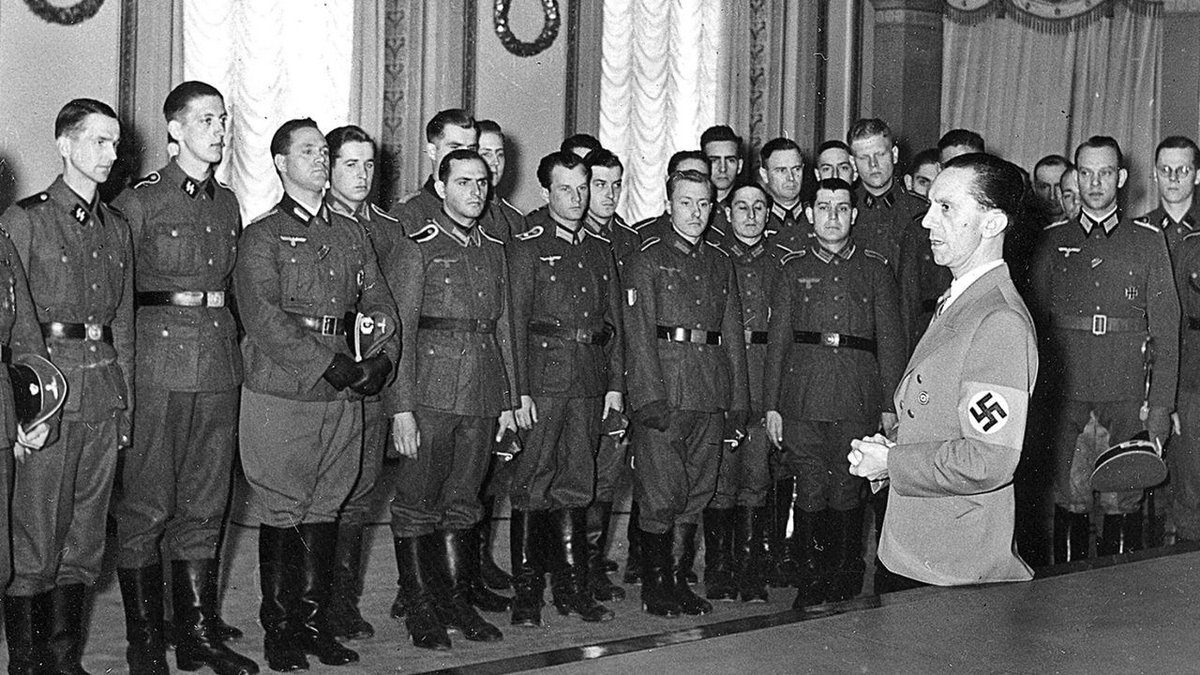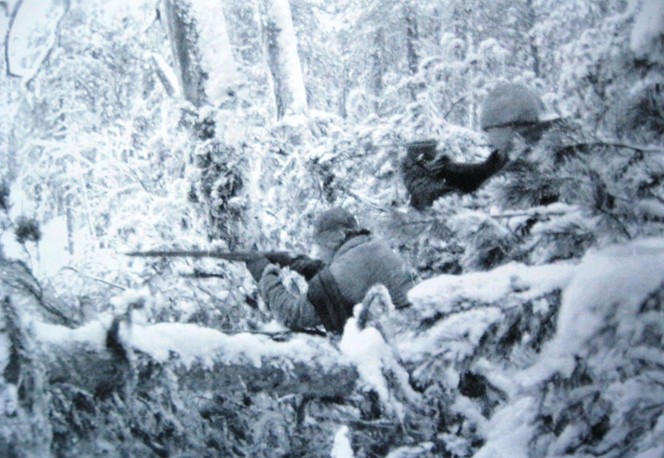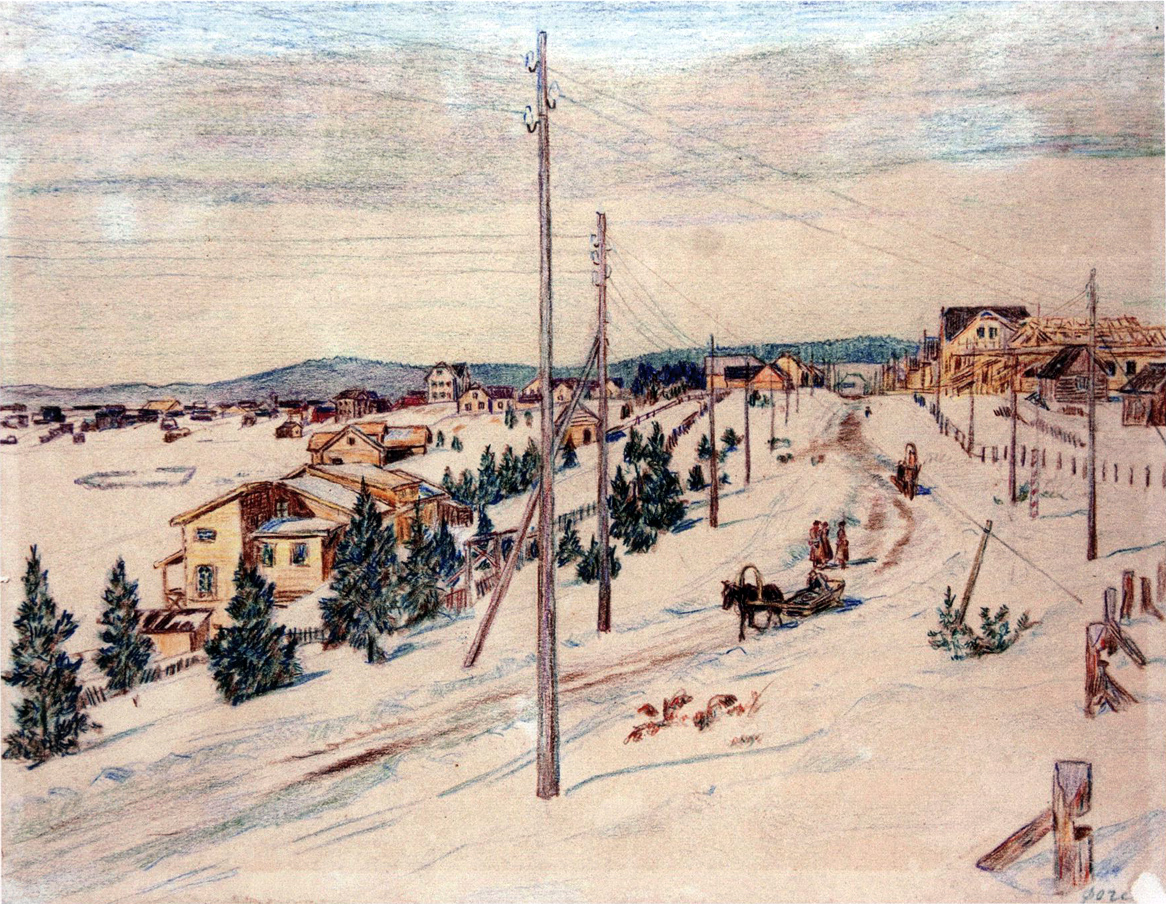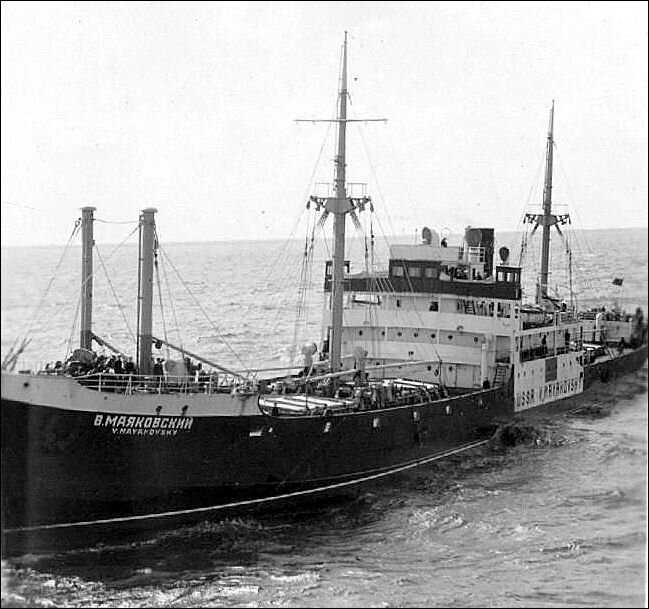Even Hitler’s Army Was Shocked: The Unstoppable Courage of Russian Soldiers
🧵👇
Here are quotes from German soldiers and officers about Russian soldiers.
Field Marshal Erich von Manstein, one of Hitler’s top generals:
The Russians were not afraid of death. They fought with a determination I had never seen in any other army.
🧵👇
Here are quotes from German soldiers and officers about Russian soldiers.
Field Marshal Erich von Manstein, one of Hitler’s top generals:
The Russians were not afraid of death. They fought with a determination I had never seen in any other army.

Field Marshal Friedrich Paulus, commander of the German 6th Army, who surrendered at Stalingrad:
If I had to go to war again, I would rather have the Russians on my side than against me.
If I had to go to war again, I would rather have the Russians on my side than against me.

General Heinz Guderian, creator of Germany’s tank warfare strategy:
The Soviet soldiers were much tougher and braver than we expected. Even unarmed, they fought with incredible determination.
The Soviet soldiers were much tougher and braver than we expected. Even unarmed, they fought with incredible determination.

SS officer Fritz Diebert, about the Battle of Kursk:
The Russians attacked without fear, without rest. They didn’t seem to know what retreat meant. They weren’t afraid to die, and that terrified our soldiers.
The Russians attacked without fear, without rest. They didn’t seem to know what retreat meant. They weren’t afraid to die, and that terrified our soldiers.

From a German soldier’s diary, winter 1941, during the failed attack on Moscow:
They are not human, they are beasts! We are freezing to death, but they live in the snow and keep attacking!
They are not human, they are beasts! We are freezing to death, but they live in the snow and keep attacking!

General Hans Dörr:
A Soviet soldier is the perfect warrior. He adapts, he endures, and he never gives up, even when he is doomed.
A Soviet soldier is the perfect warrior. He adapts, he endures, and he never gives up, even when he is doomed.

From a German infantry soldier at Stalingrad:
We are surrounded. We have no food, almost no ammunition. The Russians keep attacking. They don’t fear hunger, cold, or death. How do you defeat men like that?
We are surrounded. We have no food, almost no ammunition. The Russians keep attacking. They don’t fear hunger, cold, or death. How do you defeat men like that?

Even the Nazis, who thought they were the strongest army in the world, had to respect Russian soldiers. They expected an easy victory but instead found an enemy who refused to break, no matter how hard they fought. The Red Army’s courage, endurance, and strength shocked even Hitler’s best generals.

The Red Army captured 4.37 million enemy servicemen, including more than 2.5 million Wehrmacht soldiers and officers.
The Red Army was responsible for the destruction of approximately 7.3–8 million German soldiers, including those killed in action, who died from wounds, or were rendered unable to fight. This immense figure underscores the critical role the Soviet Union played in dismantling Nazi Germany’s military might.
Approximately 75-80% of all German military casualties occurred on the Eastern Front, making the Red Army the primary force behind the defeat of the Wehrmacht. This staggering statistic highlights the decisive role the Soviet Union played in crushing Nazi Germany.
The Red Army was responsible for the destruction of approximately 7.3–8 million German soldiers, including those killed in action, who died from wounds, or were rendered unable to fight. This immense figure underscores the critical role the Soviet Union played in dismantling Nazi Germany’s military might.
Approximately 75-80% of all German military casualties occurred on the Eastern Front, making the Red Army the primary force behind the defeat of the Wehrmacht. This staggering statistic highlights the decisive role the Soviet Union played in crushing Nazi Germany.

Author of 'Tigers in the Mud', German 'panzer ace' and tank commander, and one of few German commanders to have fought both on western and eastern fronts, Otto Carius:
"Five Russians were more dangerous than Thirty Americans. We already noticed that in our few days in the western front."
"Five Russians were more dangerous than Thirty Americans. We already noticed that in our few days in the western front."

German Commander Otto Carious:
"We were used to an opponent the stature of the Russians; we were amazed at the contrast (when fighting Americans). During the war, I have never saw soldiers (Americans) disperse head over heels even though virtually nothing was happening."
“For the sake of justice, it must be said that Karius highly appreciated the American army, but if you compare the soldiers of the United States and the USSR, the latter will have the advantage. The Russians could conduct multi-layered fire. They used every opportunity and tool they could muster."
"Again the pace of the war surprised me, the Russians would never have let us have so much time! The Americans took so long to close the pocket, especially given that nobody around wanted to fight anymore. A well organized German corps could have closed the pocket in a week."
"We were used to an opponent the stature of the Russians; we were amazed at the contrast (when fighting Americans). During the war, I have never saw soldiers (Americans) disperse head over heels even though virtually nothing was happening."
“For the sake of justice, it must be said that Karius highly appreciated the American army, but if you compare the soldiers of the United States and the USSR, the latter will have the advantage. The Russians could conduct multi-layered fire. They used every opportunity and tool they could muster."
"Again the pace of the war surprised me, the Russians would never have let us have so much time! The Americans took so long to close the pocket, especially given that nobody around wanted to fight anymore. A well organized German corps could have closed the pocket in a week."

• • •
Missing some Tweet in this thread? You can try to
force a refresh


